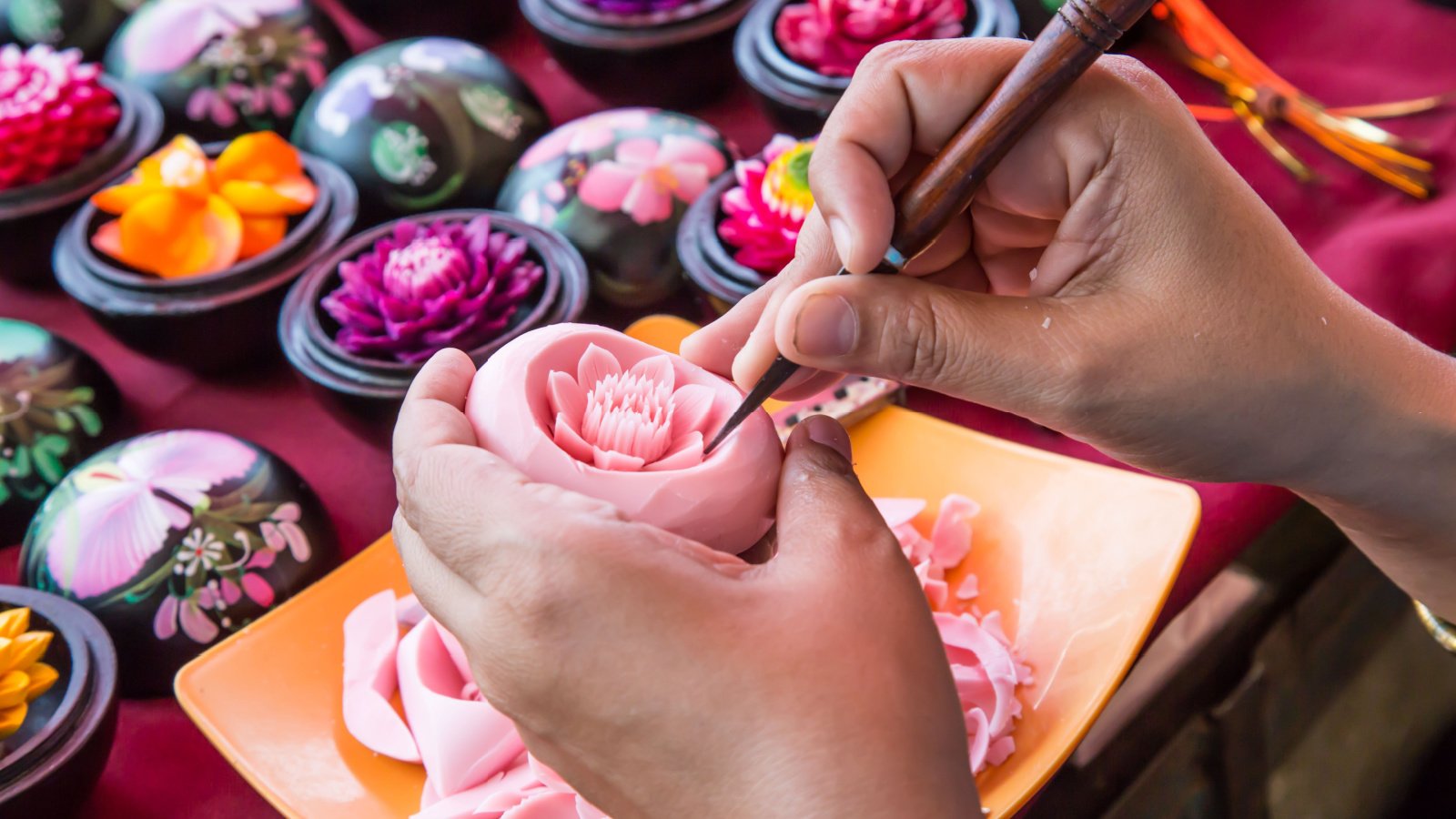During the retirement transition, not all that glitters is gold. Many boomers discover this the hard way when the initial thrill of making a big purchase fades away, and they realize the item’s actual value or practicality. In such cases, remorse inevitably follows. Let’s uncover the top purchases that boomers get lured into but end up regretting.
Timeshares

Many boomers are tempted by the allure of owning a timeshare, envisioning endless vacations at a dreamy resort. However, the reality of annual maintenance fees and the difficulty of swapping weeks often lead to regret. These financial burdens, coupled with inflexible schedules, can turn a good idea into a costly mistake.
Expensive Gadgets

Some boomers purchase high-end gadgets, believing these will simplify their lives. Yet, the complexity and rapid obsolescence of such devices can lead to frustration and buyer’s remorse. Often, simpler, less expensive products would meet their needs just as effectively.
Luxury Cars

The appeal of a luxury car is often hard to resist. However, the high costs of maintenance, insurance, and depreciation can quickly turn the dream into a financial nightmare. Many boomers find that the practicality of more modest vehicles outweighs the prestige of luxury brands.
Whole Life Insurance

Whole life insurance policies are marketed as a combined investment and insurance product, which sounds appealing at first. But the high premiums and often underwhelming returns lead many to regret their investment.
Complicated Investment Products

Complex investment schemes, including some annuities and hedge funds, attract boomers with the promise of high returns and financial security. Yet, the heavy fees, lack of liquidity, and risk of such products frequently result in buyer’s remorse.
Overpriced Anti-Aging Products

Unfortunately, many anti-aging skincare products and treatments do not live up to their bold claims, leading to disappointment and a lighter wallet. More often than not, these products offer little more than their less expensive, basic skincare counterparts.
Fast Fashion

Boomers may find themselves purchasing fast fashion items. However, the short lifespan and declining quality of these clothes quickly lead to regret, as they contribute to clutter and waste. Investing in fewer, higher-quality pieces tends to be a wiser and more satisfying choice.
Trendy Home Renovations

Inspired by home improvement shows, some boomers undertake trendy renovations hoping to increase their home’s value. As trends change, these updates can quickly look dated, and the cost of redoing them can be significant. Classic, timeless updates tend to be a more regret-free choice.
Fad Diets

Fad diets are often not sustainable long-term, and any weight lost is typically regained, causing both financial and emotional regret. A balanced, moderate approach to diet is generally more effective and less regrettable.
Vacation Packages

Impulse buys on extravagant vacation packages may seem like a dream come true but the reality of restrictive travel dates, hidden costs, and less-than-ideal accommodations can lead to a regretful experience.
Golf Club Memberships

Golf club memberships can be very attractive. However, if the membership goes underused due to time constraints or a loss of interest in golf, the ongoing dues and fees quickly become a regretful drain on finances. Assessing lifestyle and free time realistically can prevent this costly mistake.
Unnecessary Home Appliances

High-tech home appliances promise to make life easier and more convenient. However, if these gadgets go unused or don’t perform as expected, they can become expensive regrets, cluttering up valuable kitchen space. It’s often better to stick with reliable basics that meet known needs.
Subscriptions and Memberships

When boomers realize they’re paying for services they seldom use, the cumulative cost can lead to significant regret. Regularly reviewing and pruning these subscriptions can prevent wasted money.
Crafting Supplies

Many boomers purchase materials and tools with the best of intentions. However, unused crafting supplies can quickly pile up, taking space and money without delivering the anticipated enjoyment or utility. Buying supplies as needed for specific projects can curb this issue.
Fitness Equipment

Treadmills, stationary bikes, and ellipticals are often purchased with aspirations of a healthier lifestyle. However, if these machines become expensive clothes hangers rather than useful fitness tools, the purchase leads to regret.
Dietary Supplements

Boomers often invest in various dietary supplements. Yet, without noticeable improvements and considering the ongoing expense, this can lead to buyer’s regret, especially if the benefits were oversold.
Pet Gadgets

Pet-related gadgets promise to make pet care easier. However, many of these products—from automatic feeders to fancy toys—often end up unused, leading to regrets about unnecessary spending. Simple, classic pet care products generally offer better value and less hassle.
Miniature Collections

Collecting miniatures, figurines, or commemorative plates can initially seem like a fulfilling hobby. Yet, as collections grow without a clear purpose or joy, the space they take and the money spent can become a source of regret. Focusing on truly meaningful items can prevent this accumulation of regret.
High-End Kitchen Gadgets

For those who love cooking, expensive kitchen tools can often be overkill for the average home chef, leading to regret. Assessing actual kitchen needs versus wants can prevent costly over-equipment.
Luxury Watches

If a luxury watch is seldom worn or does not appreciate in value, the initial cost can lead to buyer’s remorse. Researching and choosing a timeless piece that holds both personal and financial value can mitigate regret.
Prepaid Funeral Expenses

Prepaying for funeral expenses can seem like a thoughtful way to plan ahead and relieve the burden on loved ones. However, dissatisfaction with chosen services or financial issues with the funeral home can make this an uncomfortable investment. Thorough research and considering insurance options instead can provide more flexibility and less regret.
Eco-Friendly Products

If eco-friendly products don’t perform as well as their traditional counterparts, the extra cost can lead to regret. Verifying the effectiveness and cost-benefit of eco-friendly products before making a switch is crucial.
Overpriced Bedding

Investing in high-thread-count sheets and luxury bedding can seem like a good idea for ensuring comfort. But if the difference in quality is negligible, this purchase can become a regret. Comparing options and reading reviews can guide better decisions in bedding purchases.








